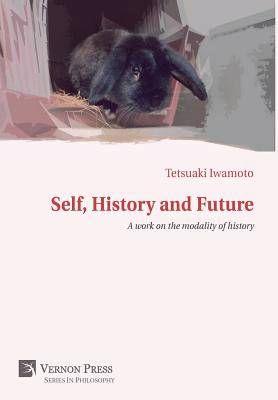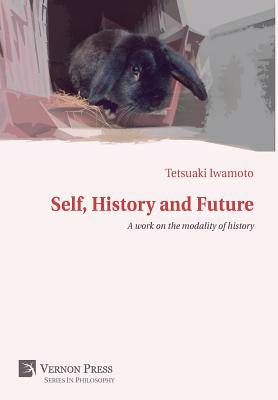
- Afhalen na 1 uur in een winkel met voorraad
- Gratis thuislevering in België vanaf € 30
- Ruim aanbod met 7 miljoen producten
- Afhalen na 1 uur in een winkel met voorraad
- Gratis thuislevering in België vanaf € 30
- Ruim aanbod met 7 miljoen producten
Zoeken
€ 74,95
+ 149 punten
Uitvoering
Omschrijving
Be it Foucault's insight into a society based on 'power-knowledge' or Fukuyama's attempts to predict the future based on the end-game situation of 'liberal democracy', both are like trying to work out a curvature of a line from a given point by using pre-calculus maths. No amount of elaborate narratives based on a quasi-dynamic, phenomenological concept like 'discourses' or a static concept like 'liberal democracy' will capture the dynamism of moving events and their fluid directions called 'future'. You need the methodology of operative concepts that process moving events. My essay is based on a holistic and dynamic concept with logical progressions. Instead of capturing movements as a still picture I try to record constantly changing situations in terms of modality of history. It is the necessity of tangencies and encompassments for Circles of Identity (CI) that forms history. The momentum of 'self' that bridges the past and the future is the propellant of CIs, which follows certain rules to suggest our destiny.
Specificaties
Betrokkenen
- Auteur(s):
- Uitgeverij:
Inhoud
- Aantal bladzijden:
- 188
- Taal:
- Engels
- Reeks:
Eigenschappen
- Productcode (EAN):
- 9781622734733
- Verschijningsdatum:
- 17/06/2016
- Uitvoering:
- Hardcover
- Formaat:
- Genaaid
- Afmetingen:
- 152 mm x 229 mm
- Gewicht:
- 408 g

Alleen bij Standaard Boekhandel
+ 149 punten op je klantenkaart van Standaard Boekhandel
Beoordelingen
We publiceren alleen reviews die voldoen aan de voorwaarden voor reviews. Bekijk onze voorwaarden voor reviews.











